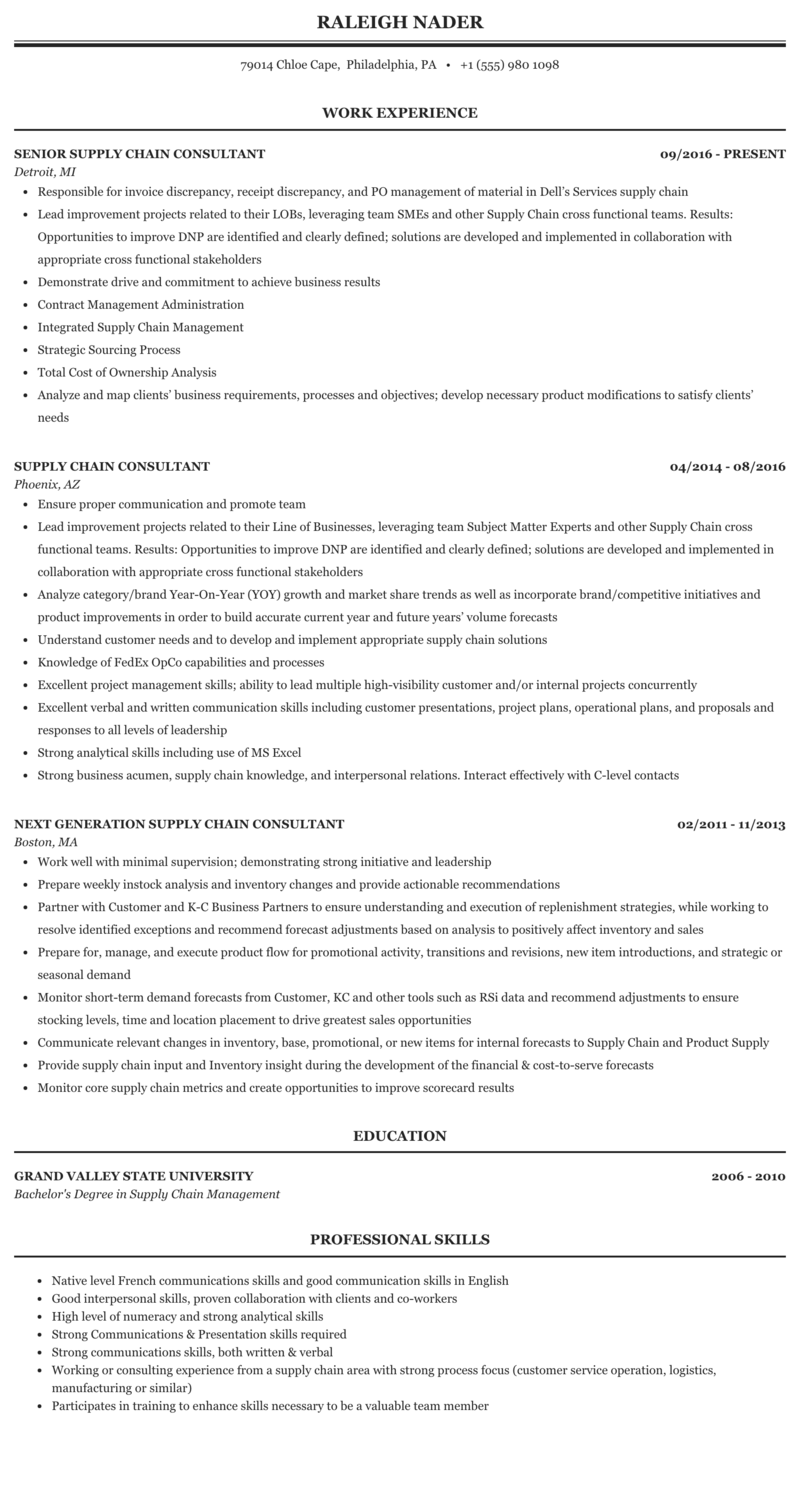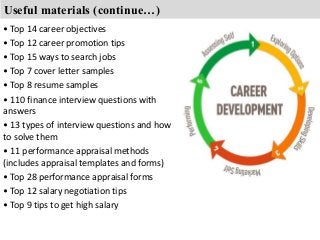
A strong understanding of math and data analysis is essential for anyone who wants to work in the financial industry. Also, you should be creative and excellent at communicating. A team player should also be skilled at negotiation and working in a group. People skills are also important in the financial sector. Financial careers require the ability to solve problems and work with others.
Mortgage loan officers
The mortgage industry has a lot to offer. Mortgage loan officers are an important part of the process. They serve as the first point of contact for entrepreneurs and homebuyers, helping them to navigate the process and obtain the loan that best suits their needs. They are familiar with the eligibility requirements and are trained in loan products. They can then work with applicants to increase their chances of approval.
A mortgage loan officer is responsible for many different tasks, such as analyzing loan applications and recommending loan approval. These responsibilities include helping clients find the right type and amount of loan to meet their financial needs, as well researching their credit score and ensuring that the application complies with regulations. To be successful, mortgage loan officers must be highly knowledgeable about their products, laws, and regulations.

Actuaries
An actuary is a great career choice if you're looking for a financial career. A bachelor's degree in math or economics is a good choice to help you succeed. For students pursuing an actuarial degree, they should take courses in statistics and probability. These courses can be applied to actuaries while others can be more applicable to other fields.
There are many areas of expertise for actuaries. Internships are a great way to find out what area interests you. Actuaries work for a variety of organizations, including banks, consulting firms and hospitals. Initially, you will be working as a trainee. As your experience grows, your tasks become more complex. To further improve your skills, you can take additional certification exams.
Credit analysts
Credit analysts assess the creditworthiness of a business. To determine the risk of extending credit, they analyze financial records and data from business clients. This includes analysing both quantitative as well qualitative information. Credit analysts are responsible to prepare detailed reports that assist companies in determining the risk of lending to one company.
Credit analysts evaluate credit data and financial information to determine whether a loan is risky and recommend repayment terms. They also assess the creditworthiness, both of their business partners and customers. They may also recommend investments and loans to stakeholders within a business.

Asset and wealth managers
Client assets are managed by asset and wealth managers. They assist clients in making smart investments by keeping track and coordinating inputs and expertise from other financial professionals and specialists. These professionals may be paid on a per-asset basis or on a retainer. They are required to keep their clients' best interests in mind when working with clients both individuals and businesses.
Asset and wealth mangers work with clients private and institutional to invest and manage assets. They assist clients with asset allocation, new investment opportunities and risk-return analysis. Their job is balancing clients' wants and needs to maximize client return.
FAQ
What's the difference between an advisor and a consultant?
An advisor gives information on a topic. A consultant is able to provide solutions.
A consultant works directly with clients to help them achieve their goals. Advisors advise clients indirectly via books, magazines, lectures and seminars, etc.
Who hires consultants
Many organizations hire consultants to assist with projects. These include small businesses, large companies, government agencies and non-profits.
These consultants may work directly for the organization, or freelance. In either case, the hiring process varies depending on the size and complexity of the project.
Before you can hire a consultant, there will be several rounds of interviews.
Can you run a business consulting from your home?
Absolutely! In fact, many consultants already do exactly this.
Working remotely is a common way for freelancers to work. They use tools like Skype, Trello (Slack), Trello, Basecamp and Dropbox. Many freelancers set up their own office space to avoid missing out on company perks.
Some freelancers prefer to work in cafes or libraries instead of in a traditional office environment.
Others prefer to work from home as they feel more at home with their families.
While working remotely has its advantages, it also comes with some disadvantages. If you love your job, working from home is definitely something worth looking at.
How much do consultants make?
While some consultants make $100k+ per year, most consultants only earn between $25-$50k. The average salary for a consultant is $39,000. This applies to both hourly and salaried consultants.
Salary depends on industry, experience, location, and type of contract (contractor vs employee). Also, whether the consultant is located in their office or remote.
What happens when the consultant is done?
After the consultant completes the work, s/he will submit a final report detailing the results of their work. This report includes the deliverables and project timelines.
Next, you will review the report and determine if the consultant has met your expectations. If the report does not meet your expectations, you have two options: to request changes or to terminate the contract.
What are some of the advantages to being a Consultant?
Consultants often have the option to choose when and what they do.
This means that you are able to work from wherever you're at any time.
You can also easily change your mind, without worrying about losing any money.
You can finally control your income and create your own schedule.
What is the difference between consulting and freelancing?
Freelancers are individuals who work for themselves and offer their services to clients. They charge hourly rates depending on the amount of time spent on a client's projects. Consultants often work for companies or agencies that employ them. Their salaries are usually paid monthly or annually.
Consultants have less flexibility than freelancers because they can control their work hours, and set their own prices. Consultants, however, often have better benefits such as retirement plans, vacation days, and health insurance.
Statistics
- So, if you help your clients increase their sales by 33%, then use a word like “revolution” instead of “increase.” (consultingsuccess.com)
- Over 62% of consultants were dissatisfied with their former jobs before starting their consulting business. (consultingsuccess.com)
- On average, your program increases the sales team's performance by 33%. (consultingsuccess.com)
- 67% of consultants start their consulting businesses after quitting their jobs, while 33% start while they're still at their jobs. (consultingsuccess.com)
- Over 50% of consultants get their first consulting client through a referral from their network. (consultingsuccess.com)
External Links
How To
What is a typical day for a consultant?
Each type of work will dictate the day's pace. You will be spending time researching, planning new ideas, meeting with clients, and creating reports.
You will have many meetings where clients and you can discuss their issues. These meetings can be done over the phone or via email.
It is possible that you will be asked to write proposals. These documents outline your ideas and plans, and are required by clients. Before presenting these proposals to clients, you will usually need to discuss them with a colleague or mentor.
After all the planning and preparation, you will have to produce some content. Writing articles, designing websites, editing photos or conducting interviews are just some of the options.
Depending on the scope of the project, you may need to do some research in order to gather relevant statistics or figures. You might need to determine how many customers you have, and whether they buy more than one product.
Once you have gathered enough information, it's time to present your findings to clients. Your findings can be presented orally or written.
After the initial consultation, it is important to follow up with clients. You could phone them occasionally to check on things or send an email asking them to confirm that you have received their proposal.
This is a long process that can take some time. However, it is crucial to stay focused and to maintain good relationships.